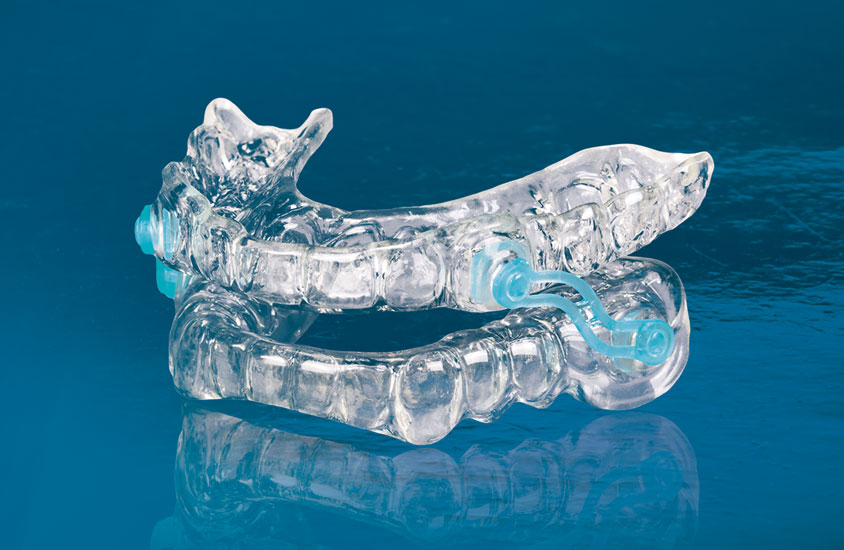Sleep Apnea
This is a serious medical condition where people do not get enough oxygen while they sleep. This can affect adults and children. This condition can lead to high blood pressure, cardiovascular disease, and even death. Symptoms in adults can include: heavy snoring, falling asleep during the day, always tired, high blood pressure, dark circles under your eyes, and a scalloping appearance along the sides of your tongue. Symptoms in children can include heavy snoring, hyperactivity, and black circles under their eyes. Being overweight can be a huge factor in sleep apnea. About 90% of the time sleep apnea is caused by a constricted airway (congenitally small airway, being overweight which puts pressure on muscles affecting breathing, being overweight and storing fat around your neck). Sleep apnea can also be neurologic in about 10% of the time. If you are having symptoms of sleep apnea, see a sleep specialist (normally an ENT or Neurologists who is board certified in sleep apnea). Your dentist may recognize symptom sleep apnea but is not qualified to diagnose it. If your sleep specialists believe you have sleep apnea, they will normally recommend an overnight sleep study in a sleep clinic.
Possible Treatment Options for Sleep Apnea in Adults:
Possible Treatment Options in Children:

